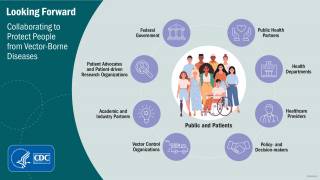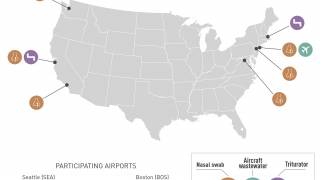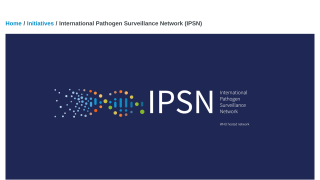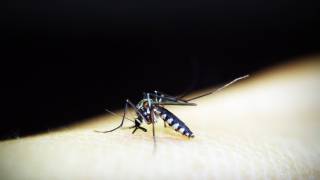Severe Malaria Treatment Changed in the USA

A new treatment protocol for severe malaria will become effective on April 1, 2019, announced the Centers for Disease Control and Prevention (CDC) today.
The medication IV Artesunate will become the first-line treatment for severe malaria in the USA. This treatment has already been approved by the World Health Organization (WHO).
But, there is a supply issue in the USA.
IV Artesunate is neither US Food and Drug Administration (FDA) approved nor commercially available in the USA.
However, this CDC announcement has some good news.
The Walter Reed Army Institute of Research and the U.S. Army Medical Materiel Development Activity worked together since 2007 to develop IV Artesunate for the USA.
Which means, clinicians treating patients with severe malaria in the USA should call the CDC and ask to speak with a CDC Malaria Branch expert. The CDC Malaria Hotline is (770-488-7788).
IV artesunate has been prepositioned throughout the USA by the CDC and will send the product free of charge to the closest major airport to the requesting hospital.
Since severe malaria can progress rapidly, the CDC Malaria Hotline has guidance on interim treatment while waiting for IV artesunate to arrive.
This new CDC guidance was based upon the 2017 decision by the manufacturer of the antimalarial drug IV quinidine, which was the only FDA approved intravenous antimalarial, to discontinue production of the drug.
Previous research found ‘IV Quinidine had a problematic safety profile and was often unavailable in hospitals.’
Traditionally, there are approximately 300 cases of severe malaria in the USA each year, most of them acquired from travel to countries where malaria is endemic.
But, there is a substantial risk when traveling internationally.
The CDC says there are about 1,700 cases of malaria and 5 deaths among USA international travelers.
Malaria occurs in Africa, Central, and South America, parts of the Caribbean, Asia, Eastern Europe, and the South Pacific. The CDC maintains maps for the Eastern Hemisphere and the Western Hemisphere.
Travelers can protect themselves from malaria by preventing mosquito bites.
Previously, researchers at the University of Chicago reported they have developed a new system for delivering a malaria vaccine that shows promise in being much more effective than the current vaccine.
By developing a vaccine that targets specific cells in the immune system, these UC researchers have seen a much greater immune and antibody response to the new vaccine.
Additionally, international travelers can take malaria medicine if it is recommended for your destination, and by a healthcare provider.
The CDC says international travelers should speak with a doctor, nurse or pharmacist about which medicine is best for you.
Pre-trip vaccine and medication counseling sessions can easily be scheduled at Vax-Before-Travel.
Our Trust Standards: Medical Advisory Committee

























